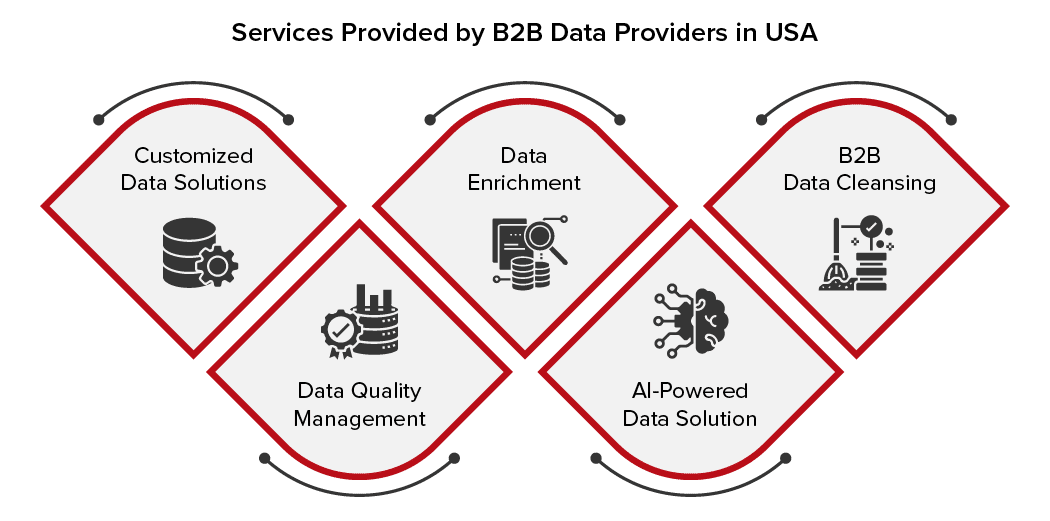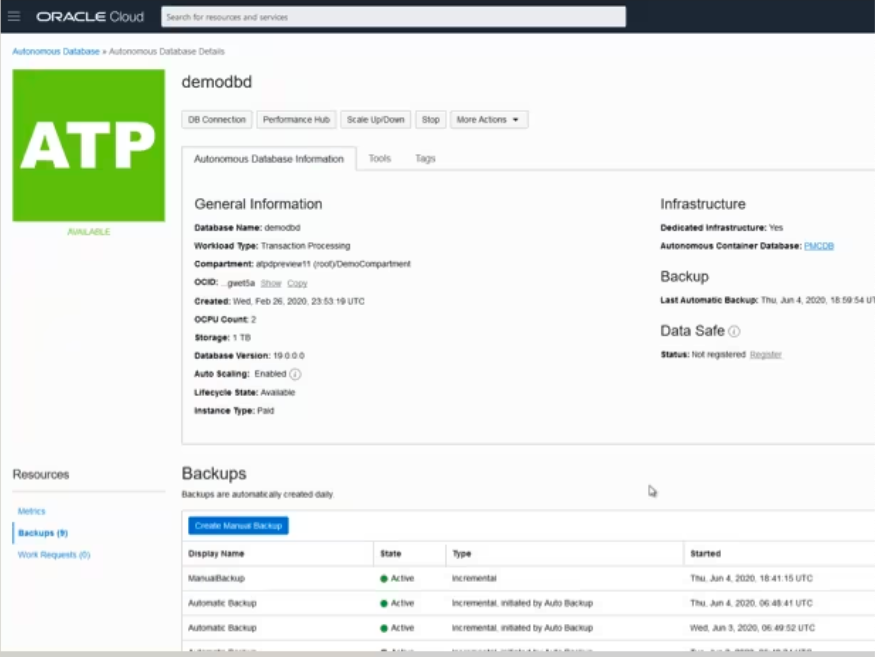Exactly How a Good Database Provider Can Boost Your Data Administration
Exactly How a Good Database Provider Can Boost Your Data Administration
Blog Article
Key Attributes to Look for When Selecting a Database Supplier
Picking a data source copyright is an important choice that can substantially affect your company's data and procedures administration strategy. Amongst the essential features to think about are scalability choices, which make sure that your system can adjust to expanding demands. Security actions, performance metrics, and client assistance likewise play pivotal roles in this analysis process. As you weigh these factors, it becomes apparent that the choice is not simply concerning functionality yet additionally regarding straightening with your long-term vision. What other factors to consider might influence this vital decision?
Scalability Options
When choosing a data source supplier, comprehending scalability options is important to making certain that the picked option can accommodate future development. Scalability refers to the ability of a database system to broaden its capability and efficiency in reaction to raised demand. There are 2 key types of scalability: straight and vertical.
Upright scalability, or "scaling up," includes enhancing a single web server's sources, such as CPU, RAM, or storage space. This strategy can be cost-effective and uncomplicated for smaller applications yet might reach a limit where even more upgrades are too costly or unwise.
Straight scalability, or "scaling out," entails including more web servers to disperse the lots. This technique allows for better flexibility and can suit considerable boosts in information volume and customer traffic (database provider). It is especially beneficial for cloud-based data source options that can dynamically allot sources based upon need

Protection Measures

When examining security measures, think about the application of file encryption procedures (database provider). Data-at-rest and data-in-transit security are necessary to guarantee that sensitive details remains secured, also in the event of a protection violation. Furthermore, search for companies that provide strong verification devices, such as multi-factor verification (MFA), to additionally improve gain access to control
Routine safety and security audits and compliance with sector criteria, such as GDPR or HIPAA, are indicative of a service provider's commitment to information security. In addition, make inquiries concerning their event feedback strategy; a robust plan can reduce the impact of any prospective security occurrence.
Performance Metrics
Reviewing efficiency metrics is important for organizations to make certain that their selected database company meets functional needs. Trick efficiency metrics consist of feedback scalability, throughput, and time, which collectively figure out the performance of data source procedures under varying loads.
Response time is critical, as it shows how rapidly the data source can refine questions and return results. Organizations must try to find metrics that suggest typical reaction times during peak and off-peak hours. Throughput, usually gauged in purchases per 2nd (TPS), gives understanding right into the database's capacity to deal with high volumes of demands without efficiency deterioration.
Scalability evaluates the database's capacity to grow with the organization's requirements. A robust database provider need to show upright and straight scaling capacities, permitting seamless adjustments as needs fluctuate. Furthermore, comprehending latency, especially in distributed systems, can aid companies evaluate the responsiveness of the database throughout different geographical locations.
Customer Assistance
Trusted customer assistance is a cornerstone of reliable data source management, offering companies with the aid needed to enhance and solve concerns efficiency. When picking a data source company, assessing the degree of consumer support they provide is vital. A durable support group ought to consist of numerous networks of communication, such as phone, email, and live chat, making sure that customers can access aid whenever they require it.
In addition, responsive support teams that are available 24/7 substantially improve the integrity of the database solution. Motivate action times and efficient resolution of issues can significantly decrease downtime and increase overall performance. It look at these guys is likewise useful to think about the availability of devoted support employees, who can provide tailored support based on an organization's certain requirements.

Prices Structure
When considering a database company, the prices framework is a pivotal variable that can considerably influence a company's budget and total approach. A adaptable and clear rates model is essential for straightening the database costs with company needs - database provider. Organizations must assess whether the pricing is based on usage, per user, or a level price, as each model can produce different monetary effects over time
It is essential to evaluate any added costs connected with the supplier's solutions, such as data storage space costs, purchase prices, and support charges. Some carriers might use tiered pricing, enabling scalability as the company grows, while others may enforce strict limitations that can become pricey as data demands increase.
Furthermore, organizations ought to take into consideration the long-term value of the data source service. While reduced first costs can be attractive, they may not represent future upgrades, maintenance costs, or assimilation prices. Carrying out a detailed cost-benefit evaluation will help recognize one of the most suitable prices framework that balances scalability, support, and performance, inevitably guaranteeing that the picked database company aligns with the company's operational and economic goals.
Final Thought
Finally, choosing a data source provider demands careful consideration of various vital functions. Scalability alternatives guarantee versatility to future growth, while robust security actions safeguard delicate details. Assessing performance metrics allows the recognition of efficient databases, and available client support improves the total user experience. A transparent pricing framework further adds to informed decision-making. By extensively evaluating these aspects, organizations can make strategic selections that align with their long-term purposes and operational needs.
Choosing a data source service provider is a vital decision that can substantially influence your organization's information and procedures monitoring technique.When picking a database copyright, comprehending scalability alternatives is important to making sure that the picked service can fit future development. When selecting a database supplier, evaluating the degree of client assistance they use is important.When considering a data source copyright, the pricing structure is a crucial variable that can substantially influence a company's spending plan and overall strategy. Carrying out a complete cost-benefit analysis will assist identify the most suitable prices structure that balances assistance, efficiency, great site and scalability, inevitably straight from the source making certain that the picked database company lines up with the company's economic and operational purposes.
Report this page